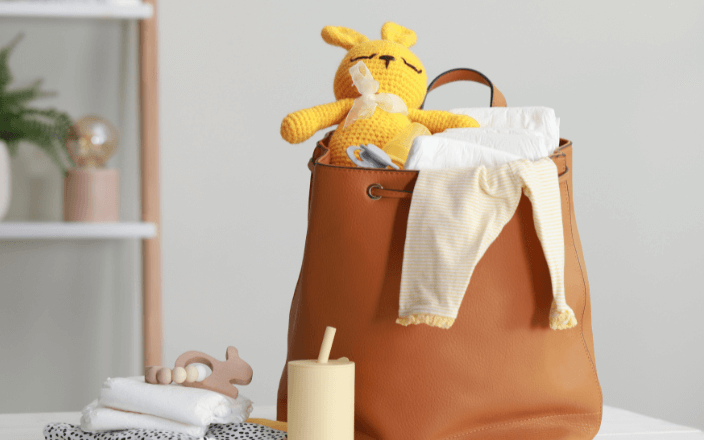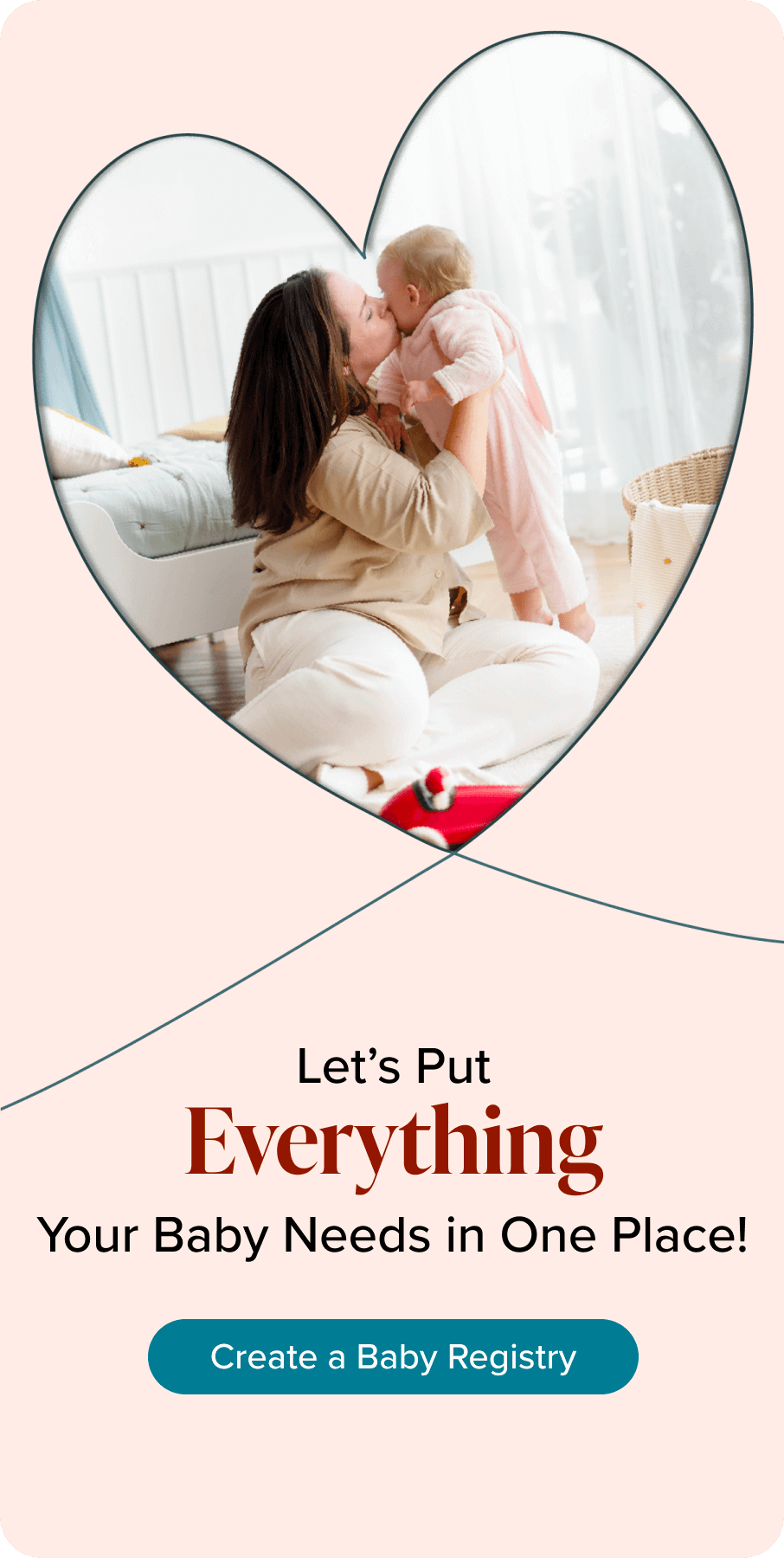Creating a baby registry taps into deep psychological motivations that go far beyond simply collecting useful items. Understanding why we’re drawn to certain products and how those desires align with our actual needs can transform your registry from a collection of impulse choices into a thoughtful curation that truly serves your growing family.
The Emotional Landscape of Registry Creation
Building your baby registry represents one of the first major acts of preparing for parenthood. This process triggers powerful psychological responses that influence our decision-making in ways we might not immediately recognize. From the nesting instinct to the desire for control during an uncertain time, registry building satisfies multiple emotional needs simultaneously.
The items we choose often reflect our hopes, fears, and vision for our future family life. A beautifully designed nursery rocker might represent our dreams of peaceful bonding moments, while a comprehensive baby monitor system could reflect our desire to feel prepared and protective.
The Comfort of Preparation Psychology
Why We Crave Control Through Products
Pregnancy naturally creates feelings of uncertainty as expectant parents navigate an experience that’s largely beyond their direct control. Building a baby registry provides a tangible way to exert influence over the future, creating a sense of readiness and competence that soothes natural anxieties about the unknown.
This psychological drive explains why many parents find themselves drawn to products that promise comprehensive solutions or complete systems. The appeal isn’t always about the specific functionality; it’s about the emotional comfort that comes from feeling thoroughly prepared.
The Nesting Instinct and Product Selection
The biological urge to create a safe, comfortable environment for the baby influences registry choices in powerful ways. Items that help us visualize and create the perfect nursery space tap into this primal drive, often making them feel more essential than they actually are for the baby’s immediate needs.
Understanding this instinct helps explain why decorative items, matching sets, and aesthetically pleasing products can feel surprisingly important during registry creation, even when we know practically that babies don’t require designer décor.
Social Influences on Registry Psychology
The Comparison Game
Social media and parenting communities create constant exposure to other families’ baby gear choices, triggering comparison psychology that can significantly influence registry decisions. When we see perfectly curated nurseries or innovative products in our feeds, we naturally begin to question whether our own choices measure up.
This social comparison often leads to adding items that look impressive or trendy rather than focusing on what our specific family actually needs. The psychological pull of wanting to make choices that others will approve of can override our practical instincts.
Gift-Giving Expectations
The knowledge that others will be purchasing items from our registry adds another psychological layer to our decision-making process. We might find ourselves choosing items that we think gift-givers would enjoy buying, or that make us feel worthy of generous gifts, rather than focusing purely on utility.
This dynamic can lead to registering for items that feel appropriate to receive as gifts but might not be things we would purchase for ourselves, creating a disconnect between registry contents and actual needs.
How MyRegistry.com Supports Mindful Registry Building
MyRegistry.com‘s flexible platform naturally supports more thoughtful registry psychology by removing artificial constraints that can trigger impulsive decision-making. When you’re not limited to one store’s selection, you can focus on finding items that truly align with your family’s needs rather than settling for whatever’s available in a restricted environment.
Wish List Functionality: Save items while you consider whether they address genuine needs or temporary wants, allowing emotional responses to settle before making final decisions.
Universal Access: Shop from any retailer, reducing the pressure to choose items simply because they’re available at your registry store.
Gradual Building Process: Add items over time rather than feeling rushed to complete everything in one session, supporting more thoughtful decision-making.
Personal Organization: Create categories that reflect your actual priorities rather than following predetermined store sections.
Research Integration: Easily compare similar products across multiple retailers to ensure you’re choosing based on value rather than convenience.
Understanding Want vs. Need in Baby Products
The Instant Gratification Trap
Modern consumer culture conditions us to seek immediate solutions to perceived problems, and baby product marketing specifically targets this psychological tendency. Products that promise to solve potential future challenges can feel essential even when the problems they address might never materialize for your family.
Learning to distinguish between items that address current, concrete needs versus those that target hypothetical future concerns helps create a more focused, practical registry.
The Perfection Pursuit
Many expectant parents feel pressure to create the “perfect” environment for their baby, leading to registry choices driven by idealized visions rather than practical necessities. This perfectionism can result in registering for items that look beautiful in photos but don’t integrate well with daily life.
The psychology of perfection often leads to choosing complete matching sets or premium versions of items when simpler, more functional alternatives would serve the family better.
The Fear-Based Product Appeal
Safety Anxiety and Product Choices
Parental protective instincts, combined with natural anxieties about keeping baby safe, make us particularly susceptible to products that promise enhanced safety or peace of mind. While genuine safety improvements deserve consideration, some products exploit these fears without providing meaningful benefits.
Understanding this psychological vulnerability helps you evaluate safety-focused products more objectively, distinguishing between those that address real risks versus those that simply capitalize on parental worry.
The “Just in Case” Mentality
The desire to be prepared for every possible scenario can lead to registering for items that address highly specific or unlikely situations. This “just in case” thinking often results in accumulating products that ultimately go unused while potentially overlooking more versatile items that serve multiple purposes.
Strategic Registry Psychology: Aligning Emotions with Practicality
The Satisfaction of Multipurpose Items
Products that serve multiple functions often provide greater psychological satisfaction than single-purpose items because they offer more opportunities for use and validation of our choice. This psychological benefit aligns well with practical value, making multipurpose items excellent registry additions.
The Comfort of Familiar Brands
Brand loyalty and recognition provide psychological comfort during uncertain times, explaining why we might gravitate toward familiar names even when lesser-known alternatives offer better value. Understanding this tendency helps you make more objective comparisons.
Smart Product Selections: Psychology Meets Practicality
Here are nine thoughtfully chosen products that satisfy both psychological needs and practical requirements:
Halo Bassinest Swivel Sleeper – Addresses safety concerns while providing the psychological comfort of keeping baby close
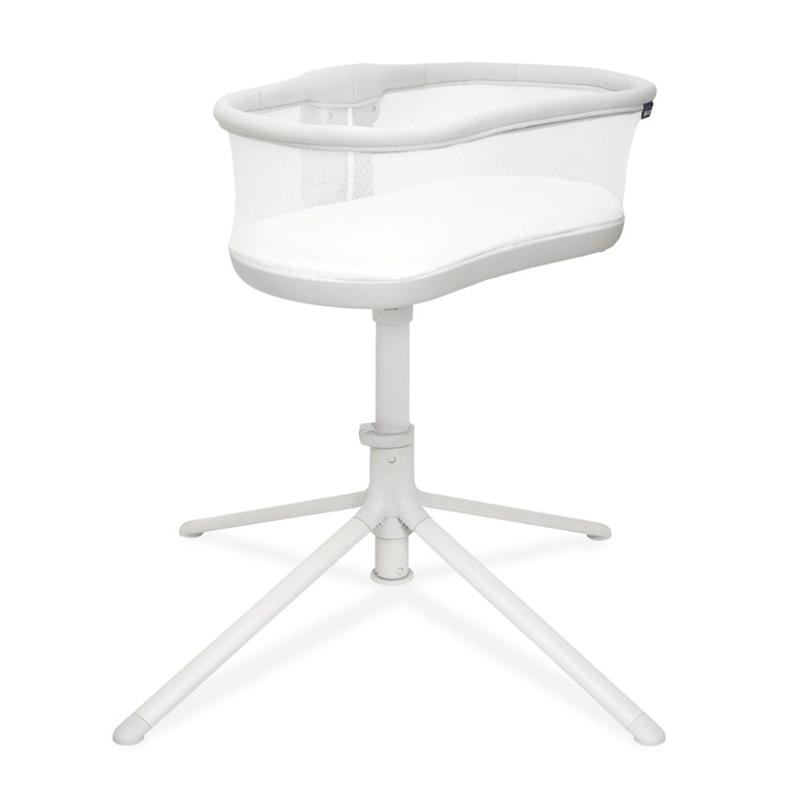
Ergobaby Omni 360 All-Carry Positions Baby Carrier – Satisfies bonding desires while offering practical hands-free convenience
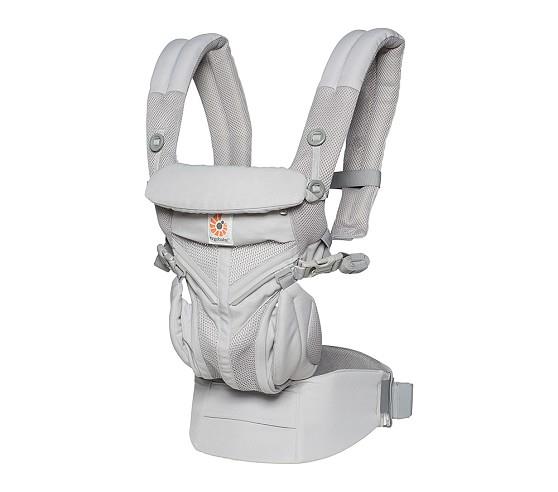
Fisher-Price Deluxe Kick & Play Piano Gym – Appeals to developmental concerns while providing genuine stimulation value
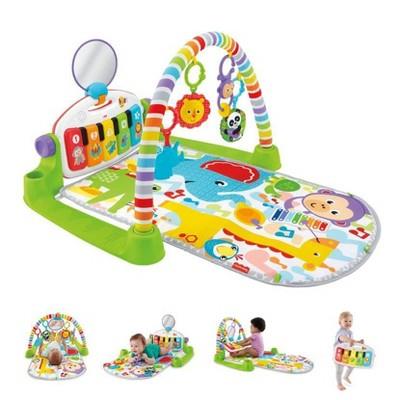
Graco Pack ‘n Play On the Go Playard – Addresses safety and containment needs while offering versatile functionality
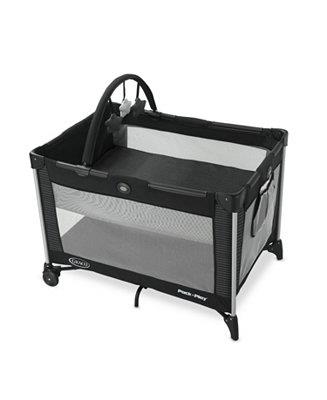
Baby Brezza Formula Pro Advanced – Satisfies the desire for precision and convenience in feeding routines
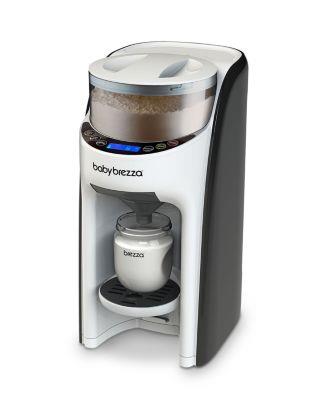
Skip Hop Forma Backpack Diaper Bag – Combines practical organization with the psychological comfort of being well-prepared

Babyletto Hudson 3-in-1 Convertible Crib – Appeals to nesting instincts while providing long-term practical value

Owlet Smart Sock 3 – Addresses peace of mind desires with genuine monitoring capabilities
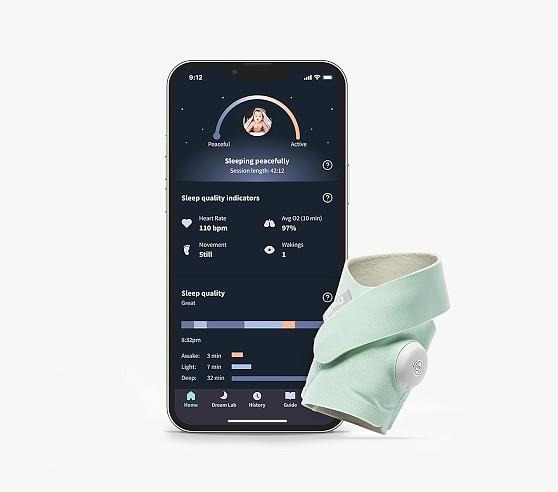
aden + anais Classic Swaddle Blankets – Satisfies comfort and security instincts while serving multiple practical purposes
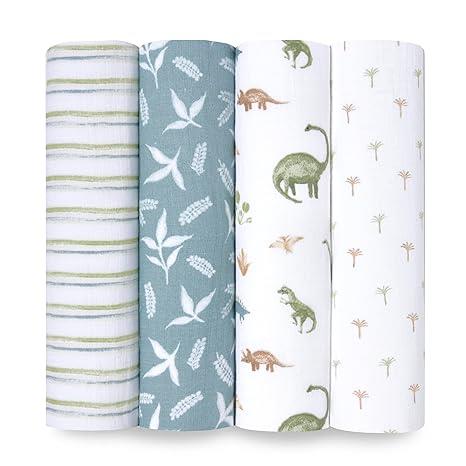
Mindful Registry Decision-Making Strategies
The 48-Hour Rule
When you find yourself drawn to a product, add it to your MyRegistry.com baby registry and wait 48 hours before moving it to your main registry. This cooling-off period allows initial emotional reactions to settle and helps you evaluate whether the item addresses genuine needs or temporary wants.
The Lifestyle Alignment Test
Before adding any item to your registry, ask yourself how it fits with your actual lifestyle rather than your idealized vision of parenthood. Products that align with your real living situation, schedule, and preferences are more likely to provide lasting satisfaction.
The Multiple-Use Evaluation
Consider how many different ways each potential registry item could serve your family. Products that offer versatility often provide better psychological satisfaction because they create more opportunities for validation of your choice.
The Social Pressure Balance
Managing External Opinions
Well-meaning friends and family members often have strong opinions about what should be on your baby registry, but their suggestions reflect their own psychological needs and experiences rather than your family’s specific situation. MyRegistry.com‘s flexibility allows you to acknowledge these suggestions without feeling constrained by them.
Creating Your Own Standards
Develop your own criteria for registry items based on your family’s values, lifestyle, and priorities rather than trying to meet external expectations. This approach leads to greater satisfaction with your choices and better alignment between your registry and your actual needs.
The Long-Term Psychology of Registry Satisfaction
Building Confidence Through Thoughtful Choices
When your registry reflects genuine consideration of your family’s needs rather than impulsive responses to marketing or social pressure, you build confidence in your decision-making abilities as a parent. This psychological benefit extends far beyond the registry itself.
Creating Positive Associations
Items chosen thoughtfully based on real needs tend to create positive associations and memories, while impulse purchases often become sources of regret or frustration. The extra time invested in mindful registry building pays dividends in long-term satisfaction.
Embracing Registry Evolution
The Growth Mindset
Accept that your understanding of what you need will evolve as you learn more about pregnancy, babies, and your own parenting style. MyRegistry.com‘s flexible platform allows you to adjust your registry as your perspective develops, supporting this natural growth process.
Learning from Experience
Each registry decision provides valuable information about your own decision-making patterns and preferences. Pay attention to which choices bring satisfaction and which lead to regret, using this self-knowledge to refine your approach.
Conclusion: Your Psychologically Informed Registry Strategy
Understanding the psychological forces that influence baby registry building empowers you to make choices that serve both your emotional needs and practical requirements. By recognizing the difference between wants driven by external pressures and needs rooted in your family’s actual situation, you can create a registry that truly supports your parenting journey.
MyRegistry.com provides the perfect platform for this mindful approach, offering the flexibility to research, consider, and curate items from any source without artificial constraints. This freedom allows you to focus on what matters most: building a collection of products that genuinely serve your growing family.
Remember that the most satisfying registries reflect an authentic understanding of your family’s needs rather than attempts to meet external standards or idealized visions. Trust your instincts, take time for consideration, and embrace the process of learning what truly matters for your unique parenting journey.
Your thoughtful approach to registry psychology demonstrates the same careful consideration you’ll bring to countless parenting decisions in the years ahead. By understanding your motivations and aligning them with practical needs, you’re already developing the wisdom that will serve you well as a parent.
